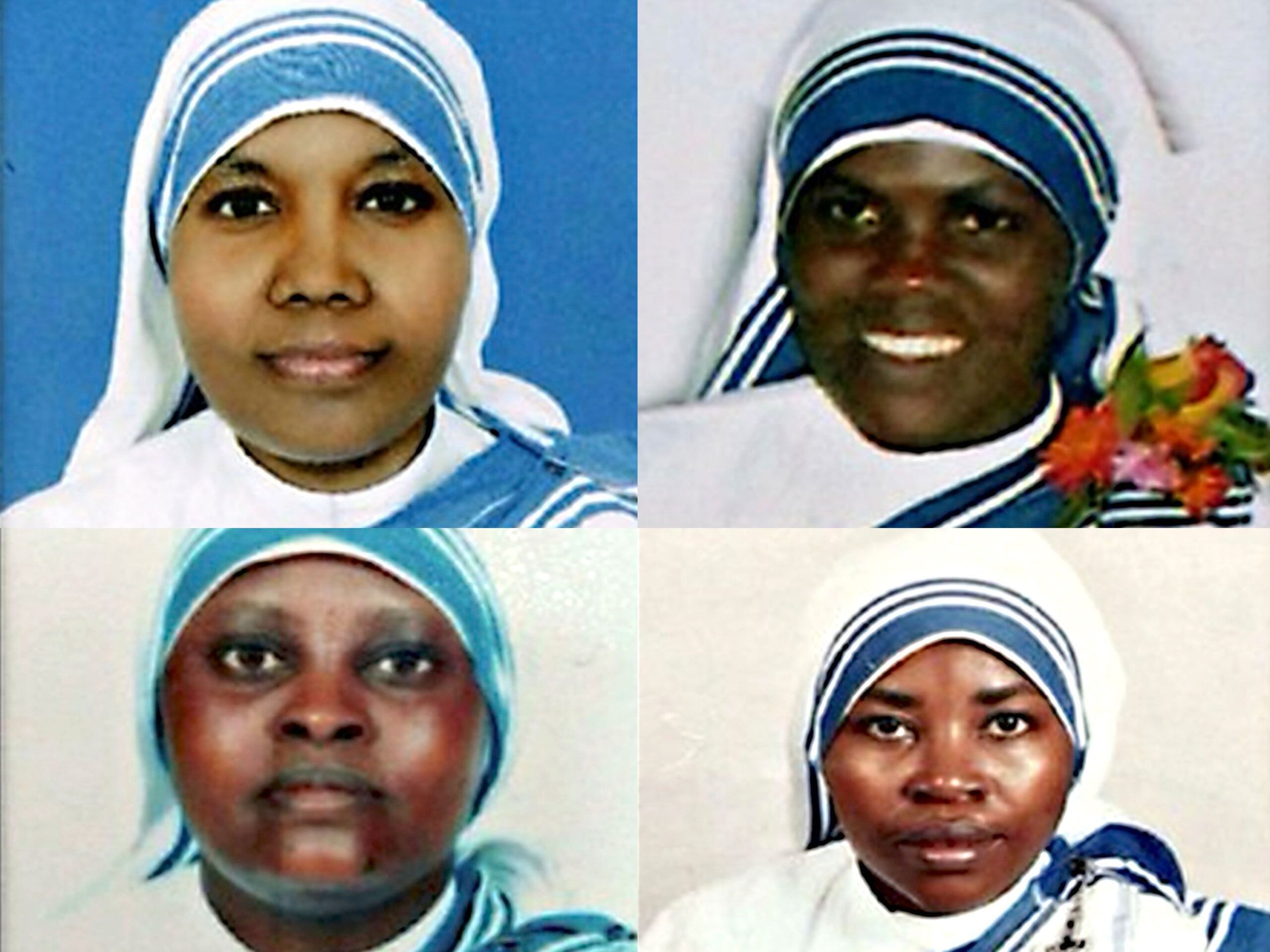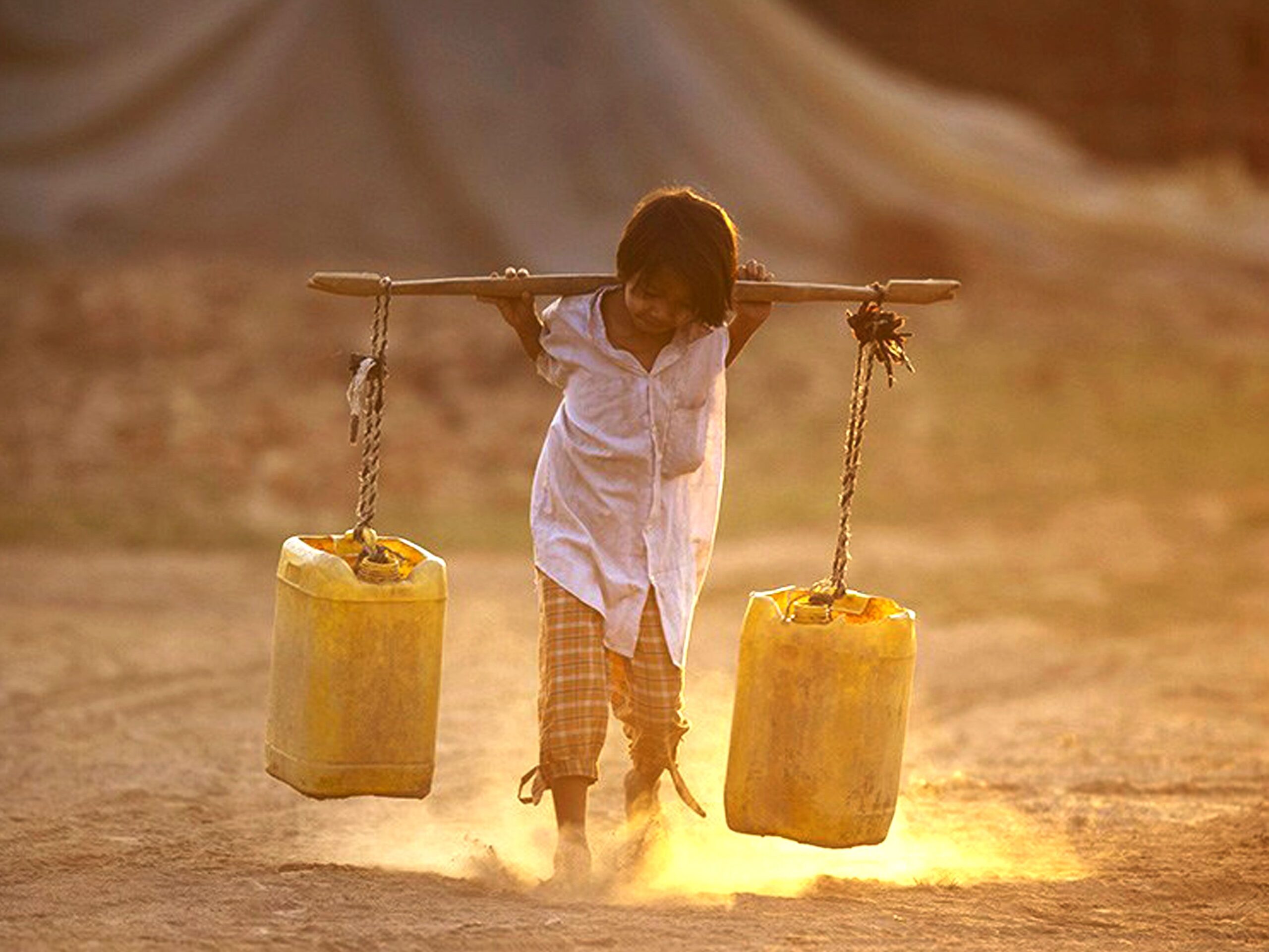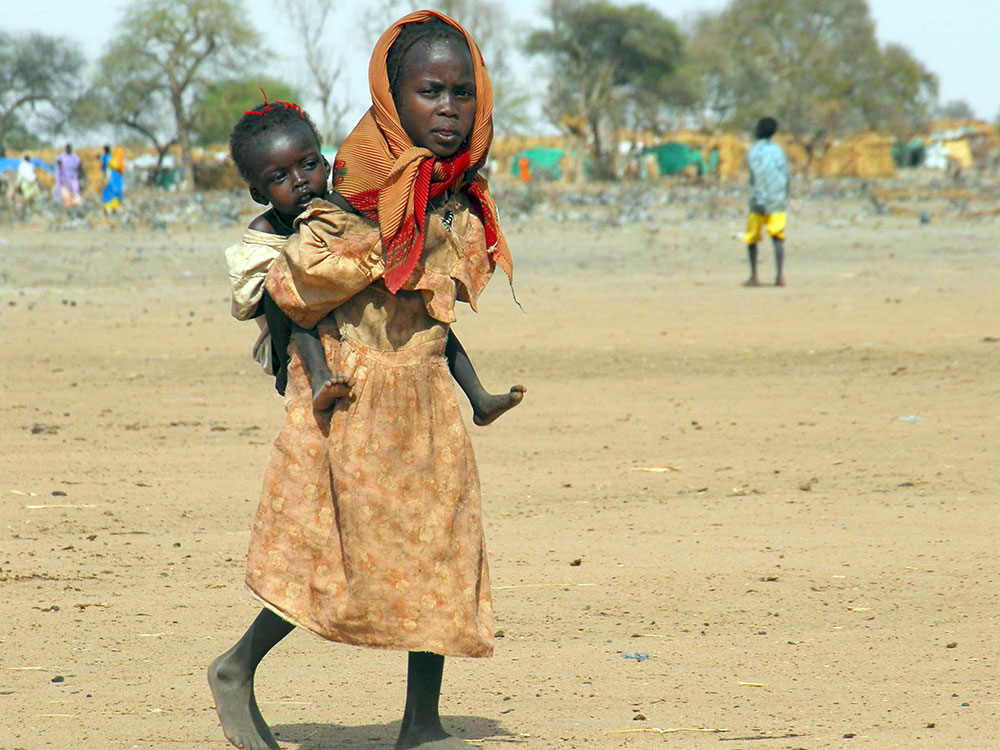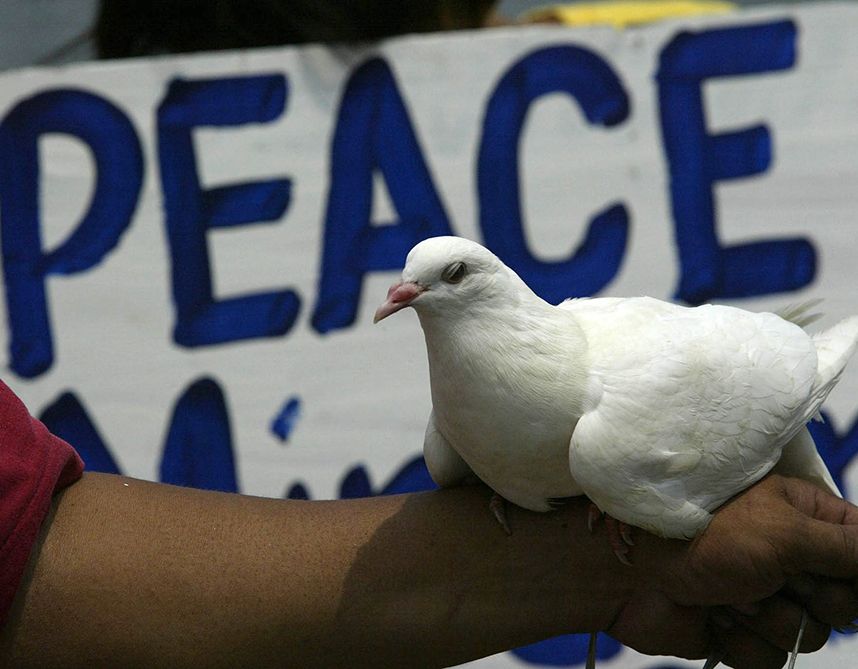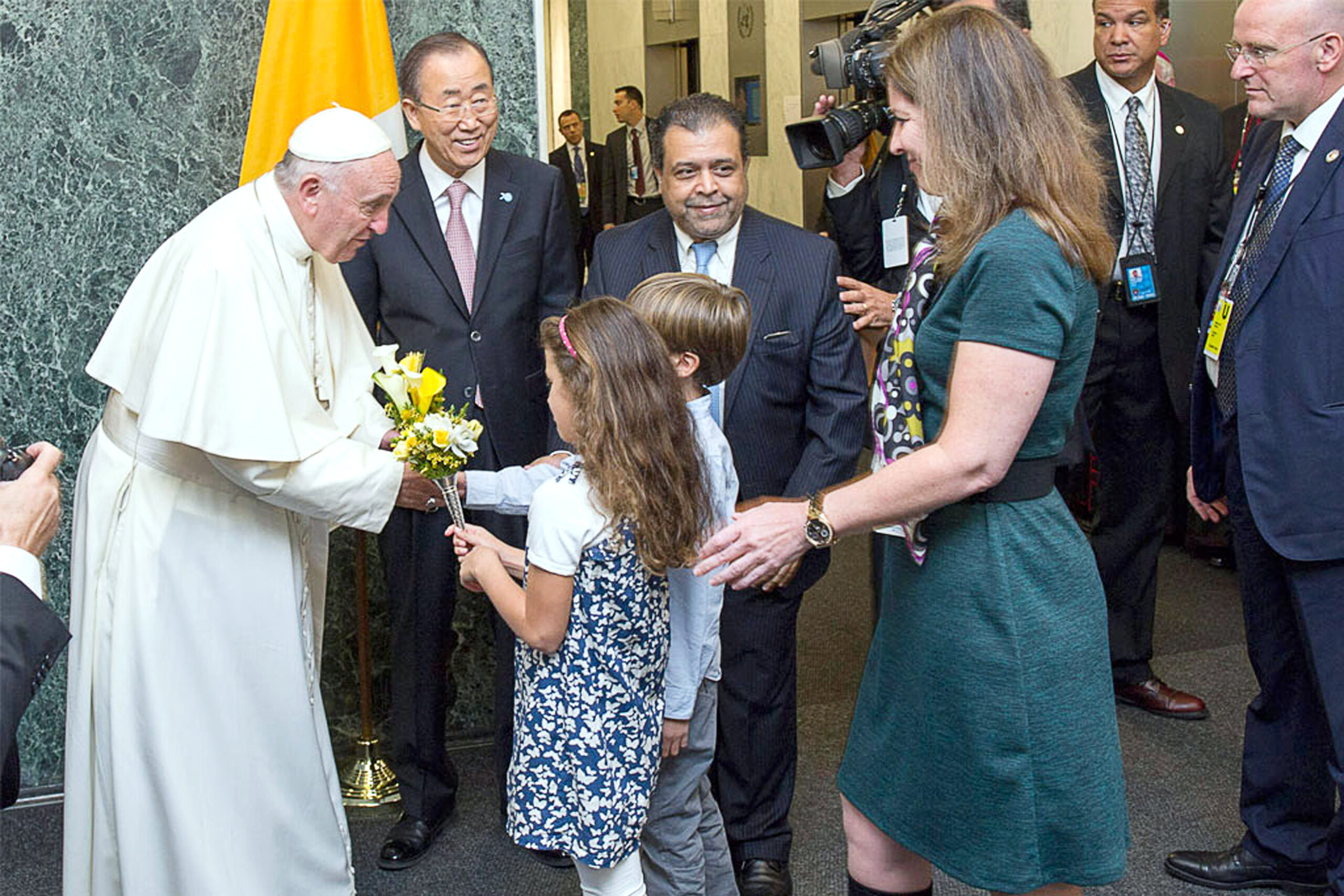On the morning of March 4, 2016, uniformed gunmen stormed into the compound of “Mother Teresa’s Home,” a hospice for elderly and disabled people in the city of Aden, Yemen, where the Missionaries of Charity lived and served. They shot dead the gatekeeper and eight elderly residents and three of the staff who happened to be in their way. Their targets were the Sisters, on whom they also opened fire. Four were killed: Sr. Anselm from India, Sr. Marguerite and Sr. Reginette from Rwanda, Sr. Judith from Kenya. Only Sr. Sally, the superior, was able to find refuge in a hideout and survived the slaughter.
Although no terrorist group claimed responsibility for the attack, Msgr. Paul Hinder, apostolic vicar of Southern Arabia, has no doubt that “the assault was carried out for “religious motives.” “The local people,” he said, “loved the Mother Teresa Sisters and admired their way of serving others regardless of religious belonging, putting first the most in need. This earned the Sisters the people’s warmth and affection and, perhaps, that was precisely what some disliked.”
Since January 2015, Yemen has been the stage of a very bloody conflict which still does not capture much attention from the international community. The Muslim Sunni government, supported by Saudi Arabia, is confronting the Houti, Muslim Shia rebels faithful to the former president and supported by Iran. In the country, other extremist groups affiliated to Al Qaeda or the Islamic States contribute to the escalating violence and terror.
The Sisters had been scheduled to leave Yemen but, eventually, chose to remain amid the violence though they knew how dangerous it was. Bishop Hinder remembers discussing with the Sisters the risks involved in their choice: “They told me there was nothing to discuss: they would not leave whatever happened because they wanted to stay with the people entrusted to their care. ‘We want to remain close to the poor and the least ones,’ they said. “And I am convinced that their martyrdom will bear fruit also for the lives of other Christians living in the Arabian Peninsula.”
A few days after the killing, one of the last letters written by the Sisters a few weeks earlier became public. It is worth quoting it in its entirety:
“Every time the bombings become heavy, we kneel in front of the Holy Sacrament, imploring the Merciful Jesus to protect and defend us and our poor people and to grant peace to this nation. We do not grow tired to knock at the door of God’s heart, trusting that all this will come to an end. While the war continues, we find ourselves estimating how much food we still have and we ask ourselves: ‘Will it be enough for today?’ The bombings continue, everywhere there are shootings and we have flour only for today. How will we be able to feed our poor tomorrow?
“With loving trust and total surrender, we, five Sisters run to the Center even when the bombings are heavy. At times, we find refuge under the trees, thinking that they are the hand of God protecting us. Then we run again, quickly, to reach our poor people who are waiting for us, serenely. There are many elderly people, some of them blind, others with mental or physical disability. We start our work immediately: cleaning, washing, cooking, making use of the last bags of flour, the last bottles of oil, right like in the story of the widow and the prophet Elijah.
“God can never be less generous, as long as we remain with Him and His poor ones. At times, when the bombings occur, we hide under the stairs, all of us, all united: we live together, we die together, with Jesus, Mary and our Mother Teresa.”
The Missionaries of Charity said that, following the massacre in Yemen, they have no intention of giving up their activity in that country. “We will continue our service to the poor and the needy.”
It is this love up to the end that has the power to transform this shocking tragedy into something beautiful for God.

